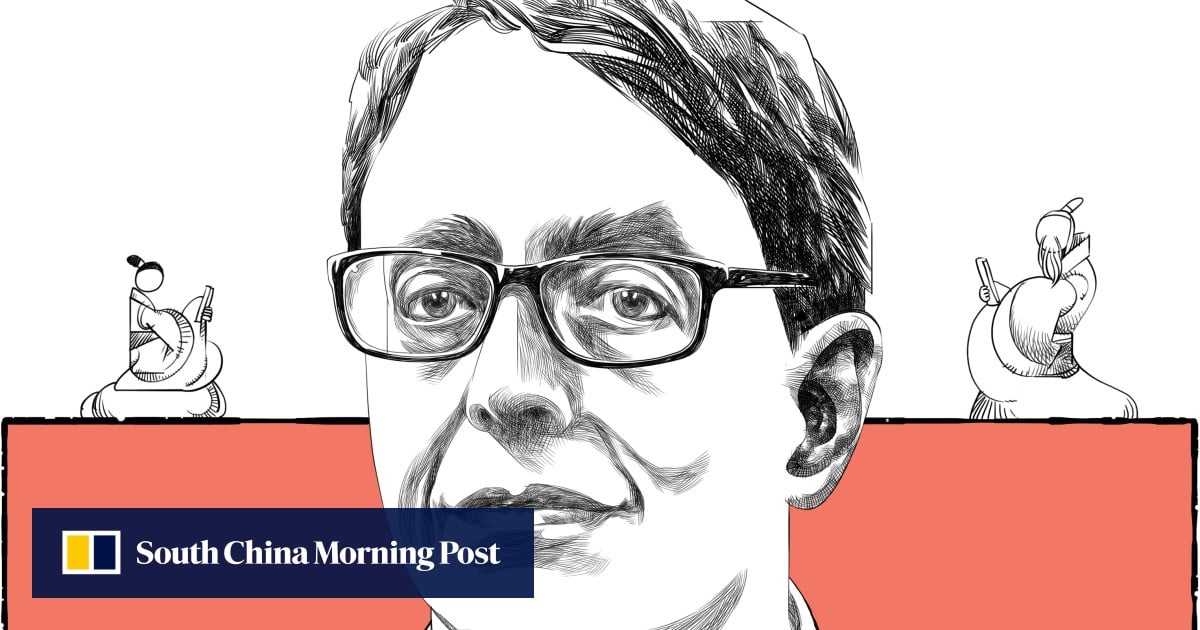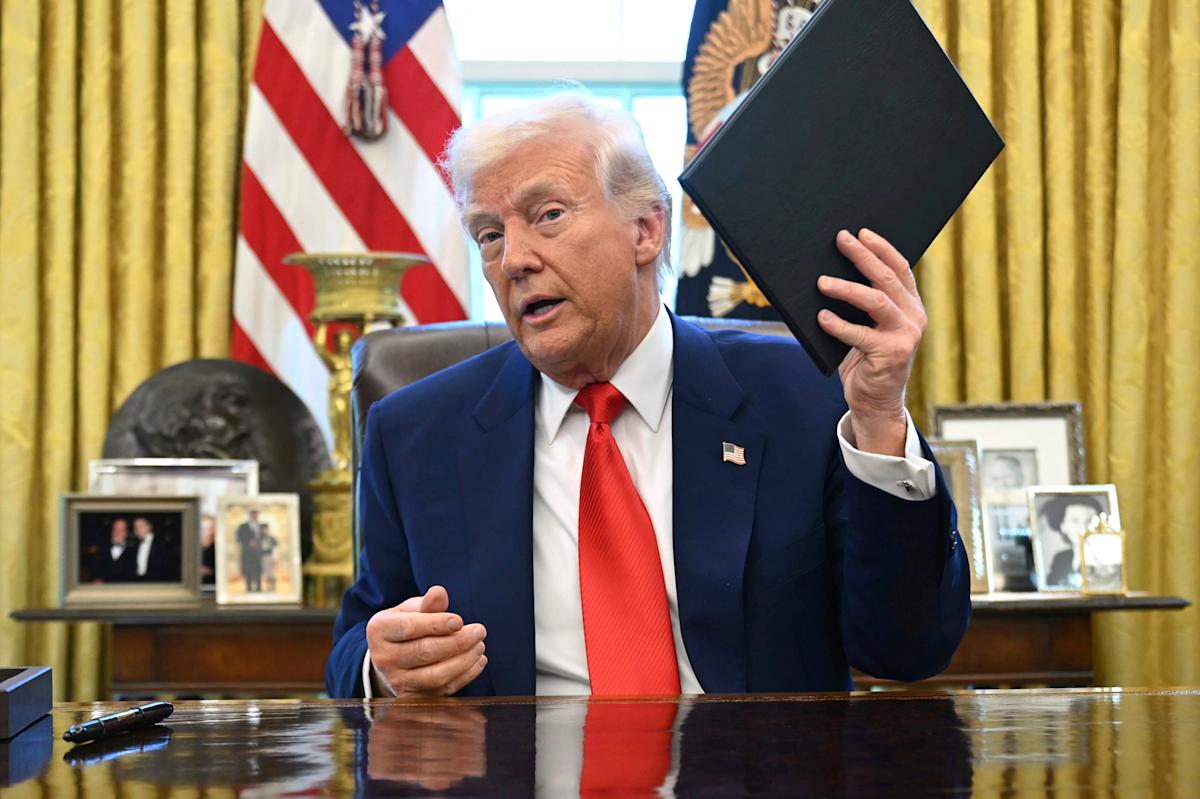Daniel A. Bell, a Canadian political theorist specialising in Confucianism and China’s political meritocracy, is chair of political theory at the University of Hong Kong’s law faculty. He was the first foreigner to be appointed as dean of Shandong University’s school of political science and public administration, and also taught at Beijing’s Tsinghua University.
You have previously said that the Communist Party has moved closer to the Confucian tradition in recent decades. How would you describe this change?
Most intellectuals, political reformers and revolutionaries in the 20th century opposed China’s traditions – with Confucianism at their core – because they blamed them for the country’s backwardness and poverty, relative to the Western powers and even Japan. This culminated in a Cultural Revolution that was explicitly anti-Confucian.
There was a saying that Confucius was to blame for feudal thought and we had to attack the “four olds”, meaning the backward parts of China’s traditions, and replace them with a new and revolutionary thought.
But since the early 1990s, there has been a huge revival of the Confucian tradition, not just for political reasons but also because of economic reasons – not just China, but other countries with a Confucian heritage like South Korea and Japan have modernised in a relatively peaceful and harmonious way.
And it turned out that some of these Confucian values that had been blamed for China’s backwardness were actually helpful for modernisation – for example, this worldly outlook, this strong commitment to self-improvement, to educating future generations, and so on.


